eu-citizen.science blog
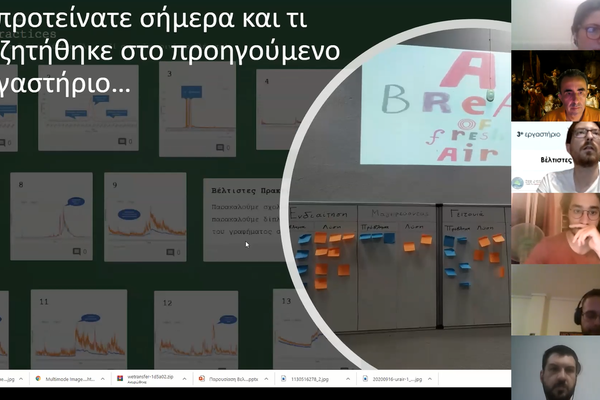
Katerina Bakousi Oct. 16, 2020, 3:08 p.m.
Last workshop for the URair project
On 16 September, the project URair, co-organised by the Aristotle University of Thessaloniki, held its last workshop.
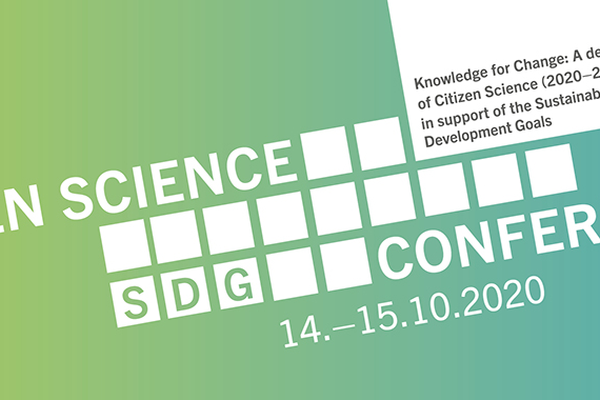
EU-Citizen.Science Oct. 14, 2020, 8:37 a.m.
A decade of Citizen Science (2020-2030) in support of the SDGs
On 14-15 October, the Museum für Naturkunde, the EU-Citizen.Science coordinator hosted an international event dedicated to the link between Citizen Science and the Sustainable Development Goals.
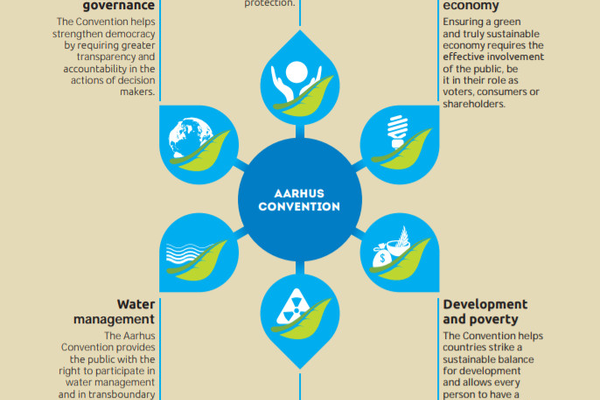
Muki Haklay Oct. 6, 2020, 12:21 p.m.
Supporting Environmental Democracy and the Aarhus Convention
The Aarhus Convention establishes a set of rights for public access to environmental information, participation in decision making, and access to justice. In the revised recommendations that updates the 2005 version, Citizen science falls within the range of information sources that should be used in monitoring and managing the environment.

Lucie Steigleder Sept. 23, 2020, 9 a.m.
Webinar: ‘Tackle odour pollution with OdourCollect'
Join this webinar organised by Cos4Cloud on 30 September at 16:00 CEST.
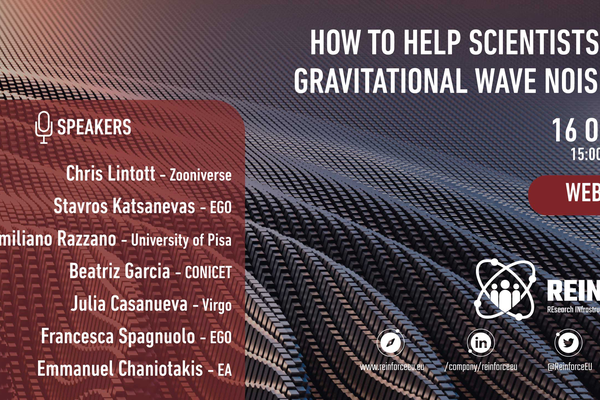
Valeria Andreolli Sept. 21, 2020, 10:14 a.m.
REINFORCE Webinar - How to help scientists in the Gravitational Wave noise hunt
The second REINFORCE Webinar "How to help scientists in the Gravitational Wave noise hunt" will take place on 16 of October at 3PM CEST.
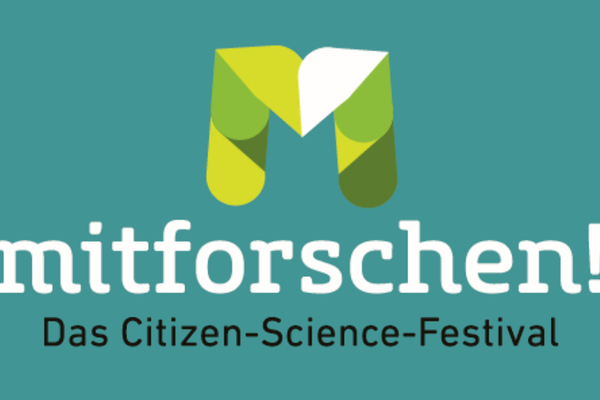
Lucie Steigleder Sept. 18, 2020, 1:10 p.m.
Mitforschen! The Citizen Science Festival
‘Mitforschen! The Citizen Science Festival’, held on 14-15 October at the KulturBrauerei in Berlin
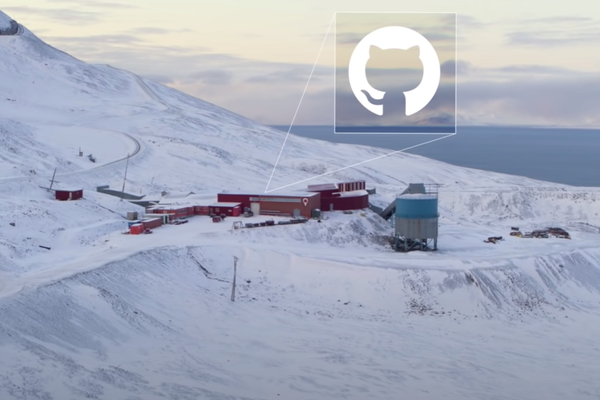
Margaret Gold, Sept. 15, 2020, 10:10 a.m.
The EU-Citizen.Science platform is part of the GitHub Archive Program
the EU-Citizen.Science platform will be stored for posterity as part of the GitHub Archive Program, in the Arctic Code Vault.
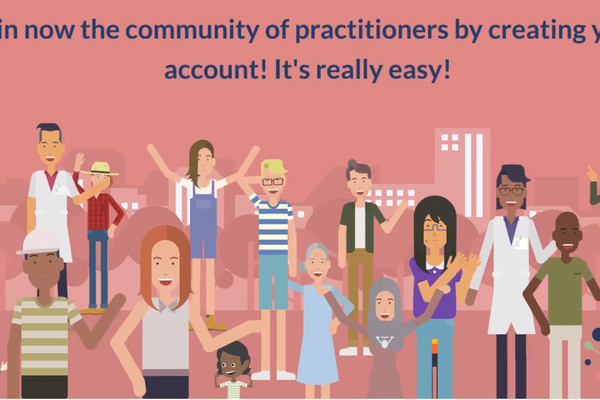
EU-Citizen.Science Sept. 14, 2020, 9:21 a.m.
EU-Citizen.Science Video Teaser
We are delighted to announce the second release of our platform, with new features fostering collaboration between citizen science practitioners and enthusiasts.
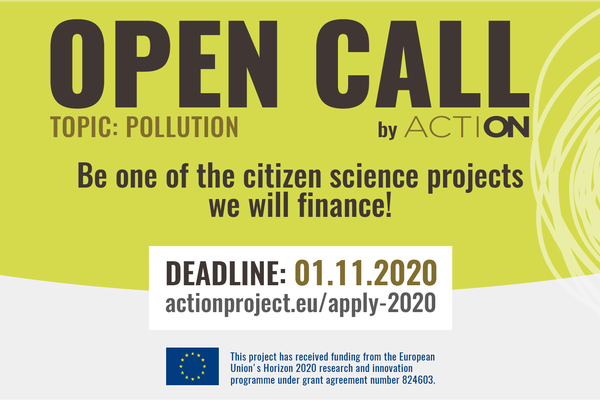
Antonella Passani Sept. 3, 2020, 5:07 p.m.
Open Call for citizen science projects.
The ACTION project launched its second open call for citizen science pilots. ACTION is looking for ongoing citizen science projects related to any form of pollution in Europe and worldwide. The call focuses on projects that are primarily carried out online.
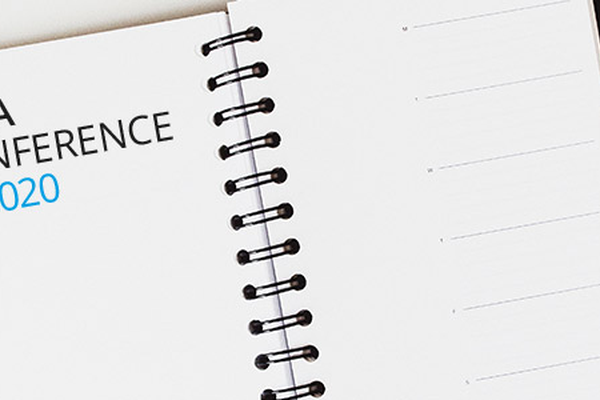
Claudia Göbel Sept. 3, 2020, 1:03 p.m.
What is the ECSA2020 Safe Space Policy and why do we need it?
The Safe Space Policy for the ECSA2020 conference is a commitment by ECSA to take action against harassment during its 2020 international conference and all related activities, both online and offline. The policy states ECSA’s position - that harassment of any kind is not tolerated during the event - and lists behaviours that are considered as harassment. It also provides information on how to report harassment.
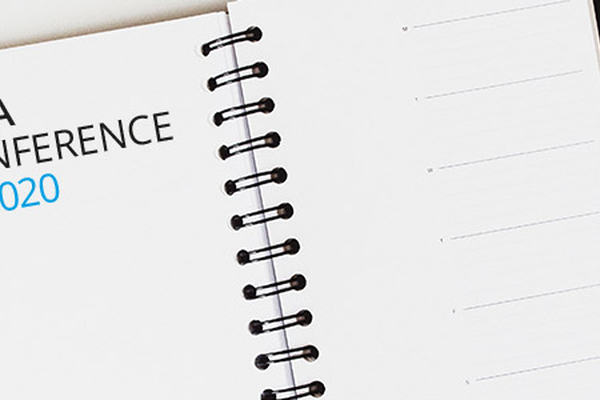
Lucie Steigleder Aug. 28, 2020, 9:37 a.m.
#CitSci2020 - Will you be there?
Want to meet EU-Citizen.Science at the upcoming #CitSci2020 conference? This is where we'll be.
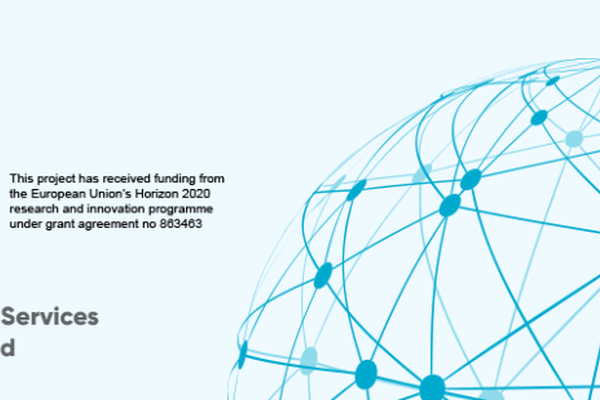
Francisco Sanz, July 27, 2020, 1:05 p.m.
Tips and Tricks for Hosting a Successful Collaborative Online Meeting
Cos4Cloud shares 15 lessons learned for hosting an online event.